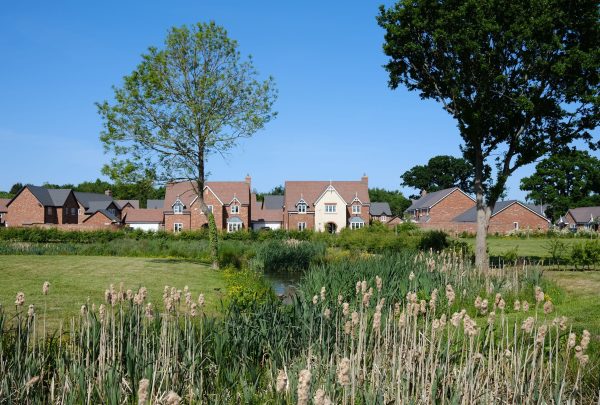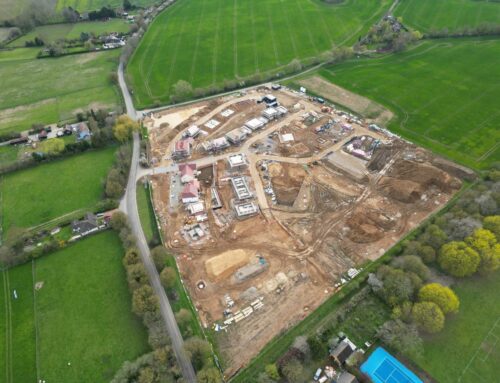
Small developers and commercial building owners beware!
It should be no surprise to anyone that the decline in British wildlife has been happening at a frightening pace, due to the pressure of climate change, land management patterns, development, pollution and other human activity. Biodiversity is facing catastrophic collapse.
The UK has seen a 19% decline in species since 1970, and one in six species are at risk of being lost from Great Britain entirely. 54% of plants have seen the area of the country they are prevalent fall. Some 43% of birds are in danger of being lost from the country entirely.
To tackle this decline, the Government introduced legislation as part of the Environment Act 2021, requiring all new building projects to achieve a net gain in habitat of 10%, compensating for the loss of nature.
DO NOT IGNORE THIS CHANGE!
What is Biodiversity Net Gain?
Biodiversity Net Gain is a new approach to development. Habitats for wildlife will be left in a measurably better state because of it. And as of today, with the exception of a very small number of exemptions, BNG is now mandatory.
Developers can achieve this biodiversity net gain by delivering it on site, by delivering a mix of on-site and off-site improvements, or by buying statutory credits from the Government – which should only be used as a last resort. These steps are form a hierarchy, with the preference delivery on site.
Biodiversity Net Gain is the biggest change to planning in decades!
The change to the law has applied to major developments since 12th February 2024, but from today will apply to almost every planning application. Householders are exempt, as are a small number of other applications, but if your proposal involves new buildings, it will almost certainly apply.
Unless exempt, a pre-commencement condition will apply to all planning permissions requiring a 10% Biodiversity Net Gain. Failure to provide the net gain will be considered a breach of planning permission and could result in the permission lapsing, even if the development has been constructed.
Ben Norton LLB MRTPI, Director of Norton Taylor Nunn, said:
“The principles behind Biodiversity Net Gain are really vital. If we don’t stop the devestation of our wildlife, especially insects, we will starve. I am concerned, however, at the speed of introduction to small sites. The market for off-site biodiversity sites is very immature and delivering significant gains on small sites is always going to be harder than on major developments. Applicants will have to think very carefully how they address this, and work closely with local Councils to do just that.”



